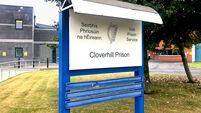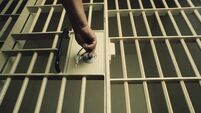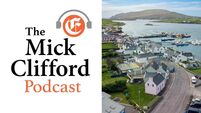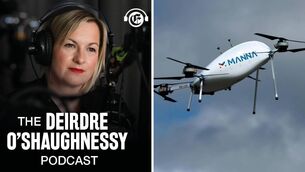Cork Crime: Theft and public order offences wreaking havoc in city's crime hotspots
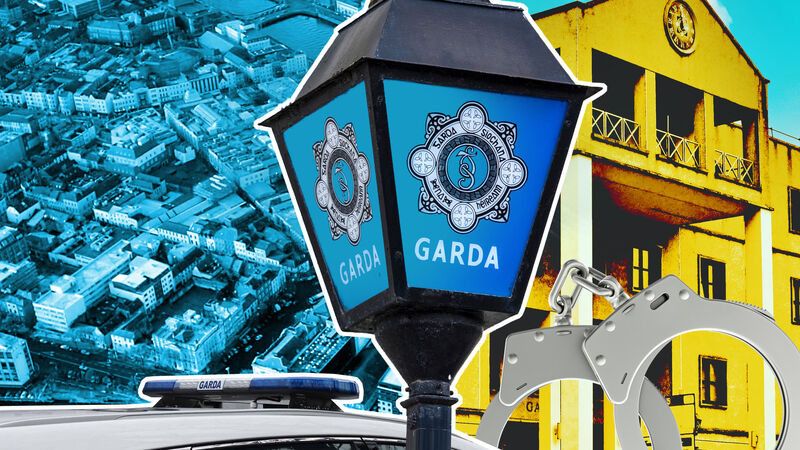
Inside the four walls of Anglesea Street Garda Station in Cork City, dozens of crimes are recorded every week — sexual assaults, drug offences, criminal damage, and burglaries.
There, too, at the very top of the list, are thefts and public order offences, accounting for almost two thirds of the 3,328 crimes reported to gardaí in the city centre station last year.




